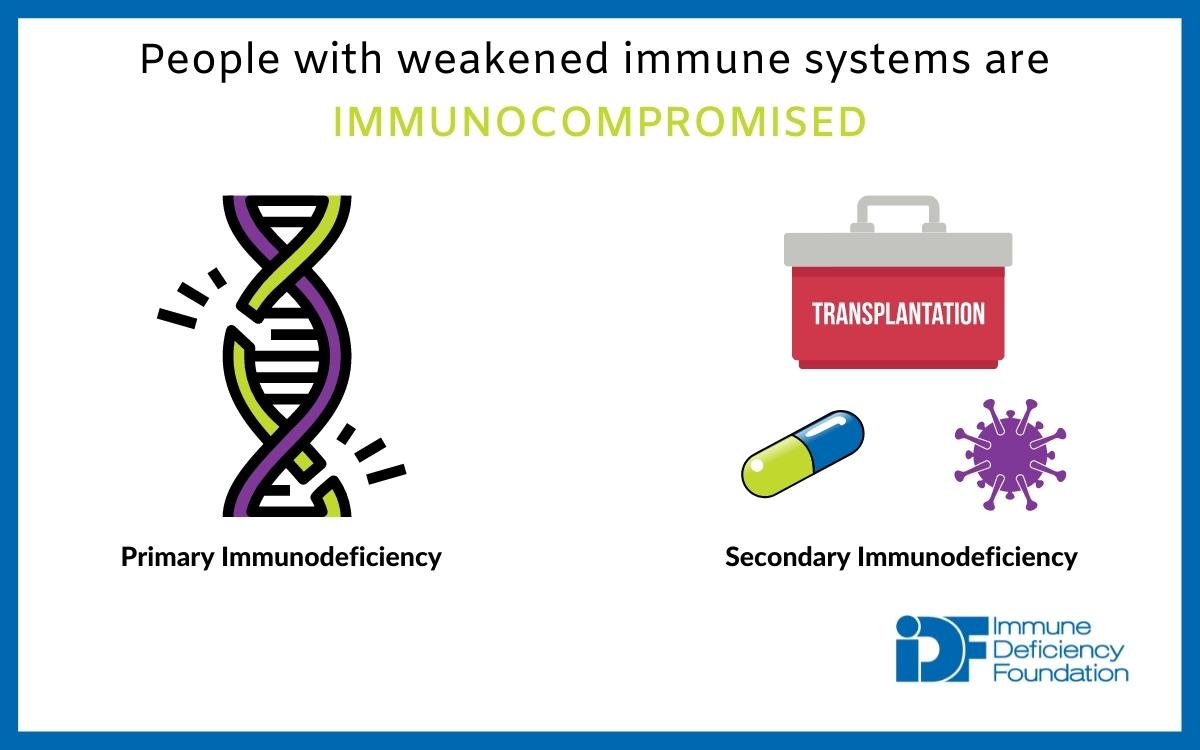Immunodeficiency is defined as a state in which the ability of the immune system is compromised or completely absent to fight against infectious diseases and cancer. It can either be Primary (congenital or inherited) or Secondary (acquired).
In 2020, 4 ICD-10-CM codes were developed to report specific causes for a patient’s immunocompromised state or Immunodeficiency. Treating these patients poses more challenges and risks so it is important to identify a patient with this status.
Below are the codes and their definitions:
D84.821: Immunodeficiency due to drugs (due to medications that interfere with the immune system. These medications include but are not limited to immunosuppressants, corticosteroids and chemotherapy.
D84.822: Immunodeficiency due to external causes (caused by external factors such as exposure to radiation therapy or due to bone marrow transplant)
D84.81: Immunodeficiency due to conditions classified elsewhere (due to a specific medical condition such as certain cancers and genetic disorders that are classified elsewhere in ICD-10-CM)
D84.89: Other immunodeficiencies
Multiple codes may be assigned if there are multiple causes of immunodeficiency documented.
Why is This Important for Coding?
These codes are all Complications/Comorbidities (CCs) that will impact the MS-DRG for inpatient reimbursement and they also influence Risk Adjustment Scores for Medicare Advantage patients since these codes are CMS-HCCs (Hierarchical Condition Categories).
References
- “Immunodeficiency Disorders”, S. SHANMUGAPRIYA Biomedical sciences, Sri Ramachandra University, Porur, Chennai-m116, India
- Coding Clinic, Fourth Quarter ICD-10 2020 Page 10-12






